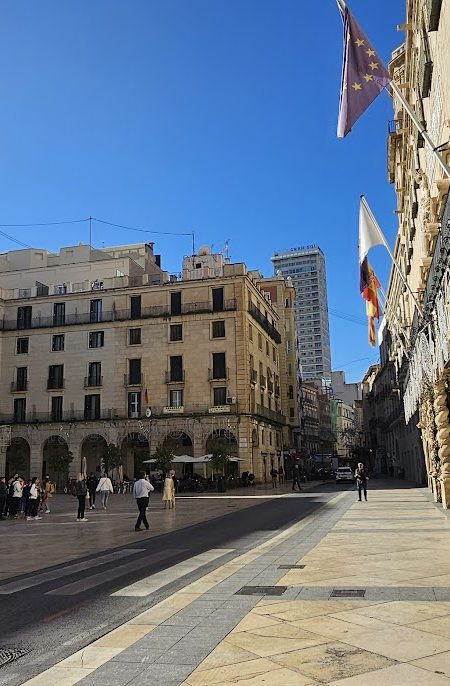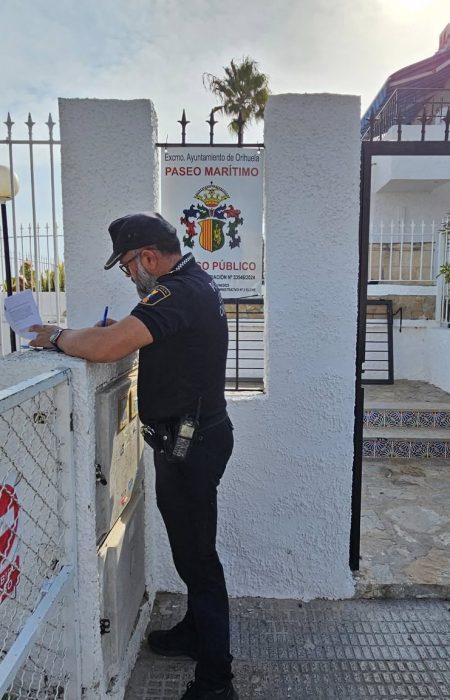According to the Murcia Region Tourism Institute, around 2,000 listings for unlawful tourist lodgings have been removed as a result of a bilateral agreement between the region and Airbnb, reducing the platform’s regional options to just properties that conform with legislation.
The strategy to eliminate all unregulated lodging from the tourist market under a voluntary agreement struck in March, which created a system mandating each new vacation rental listing to carry a valid tourist registration number, has been a “success.”
In addition, a system was devised to deactivate old ads that did not have such registration, ensuring conformity with current requirements.
This project, a pioneer in Spain, was immediately implemented in the region, requiring hosts to supply their registration number when posting or updating their listings on the site.
In parallel, Airbnb started an educational effort aimed at the Murcia host community, informing them of the importance of including a legitimate registration number in their listings.
The website highlighted the new European legislation, as well as the registration and licensing procedures that will be mandatory in Spain, via notifications, periodic reminders, and training materials.
Because of these awareness-raising initiatives, the number of registered listings in the region increased during this time, allowing many owners to regularise their situation rather than being evicted.
As a result of the agreement, any short-stay accommodation in the Region of Murcia posted on Airbnb that does not contain its tourist registration number has been deleted off the platform. This has resulted in the termination of all unlicensed Airbnb offerings in the Region, a national first.
Carmen Conesa, the regional minister of Tourism, Culture, Youth, and Sports, stated that this program “consolidates the Murcian government’s proactive strategy in the fight against illegal accommodation.”
In the previous two years, the Community’s online tourism inspection unit “had managed to detect more than 1,200 tourist accommodations operating outside the law, the vast majority of which regularised their status after the corresponding actions.”
Collaboration with Airbnb has enabled us to go a step further, allowing for the instant deactivation of rooms that did not comply with the registration request by the deadline.
“Thanks to our agreement and the tireless work of the online inspection unit, we have managed to remove approximately 2,000 illegal tourist accommodations from the platform, guaranteeing a more transparent, safe, and high-quality offering in the Region of Murcia,” said the mayor.
Conesa says the region’s government “continues to support sustainable, balanced, high-quality tourism, always in line with consensus, understanding this sector as an economic activity with great potential and growth, where strict compliance with the law, stability, and the protection of businesses and tourists must prevail in all the actions and collaborations we undertake.”
The Murcia model vs. the state’s one-stop shop. The Region of Murcia’s success in limiting tourist rentals stands in stark contrast to the central government’s limited effectiveness.
It’s worth noting that the Spanish government issued Royal Decree 1312/2024 to establish a National Single register for Tourist Rentals, as well as a Digital One-Stop Shop for register maintenance, both of which became necessary on July 1st, 2025.
This national legislation attempted to ensure that, starting that date, all advertisements on digital platforms would have a unique identification code or be automatically eliminated, a move that did not occur.
Furthermore, the state decree was issued without previous consultation or coordination with the autonomous communities, resulting in criticism and legal action.
The Region of Murcia has filed an appeal in court, claiming that the legislation contradicts regional tourist powers and creates unnecessary bureaucratic duplication by imposing a national registry on top of existing regional registries.
This duplication increases administrative obligations for legal owners and may violate the European Digital Services Directive, which pushes for streamlined systems and collaboration among administrations rather than duplicate structures.
According to Conesa, “our model of bilateral cooperation and our own efforts have yielded tangible results, while the central government’s digital one-stop shop has proven to be an ineffective tool.”
“As of July 1st, uncontrolled tourism had not been abolished as expected; in reality, autonomous communities have made progress on this issue via our effort and agreements. We will continue to work with the digital platforms operating in the industry to guarantee that tourist legality is successfully enforced, benefiting both the sector and its users,” he says.









No Comment! Be the first one.